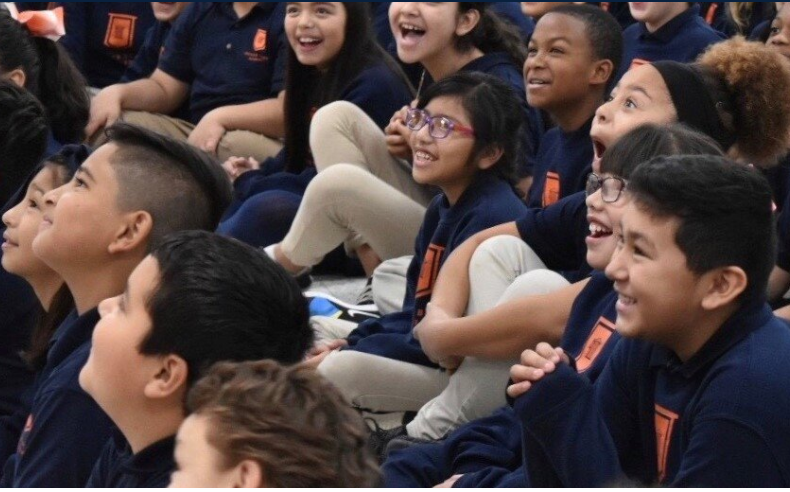
Editor’s note: This commentary is an exclusive to redefinED from Sean-Michael Pigeon, a student majoring in political science at Yale University. He works as a journalism mentor at a magnet school in New Haven, Conn. His writing has appeared in USA Today, the Washington Examiner and the Washington Times.
K-12 schooling is one of many things that has been dramatically impacted by the COVID-19 pandemic. Many traditional public schools across the country opted to teach virtually and some are still grappling with how to reopen. Many parents have turned to charter schools for more flexibility during this time of uncertainty.
Oklahoma families are among them. However, despite the fact that charter schools have provided a service equal to traditional public schools, public school officials are trying to strip them of equal funding.
For years, Oklahoma charter schools have been denied access to funding from property taxes, which puts them at a significant financial disadvantage. Epic Charter Schools, a self-paced, individualized program accredited by the state of Oklahoma, has been fighting for equal funding within the state board of appeals.
A 4-3 decision by the Oklahoma State Board of Education ended a lawsuit after four years of litigation, finally allowing public charters access to the same funding public schools have.
Oklahoma parents should welcome more competition and more choices for them to take control over their child’s education. In one decision, Oklahoma rejected the onerous one-size-fits-all policy for charter schools which, to this point, has been called “a damn mess.”
A bill introduced in the Oklahoma Legislature seeks to overturn this decision. The bill would restrict property taxes to only public schools while tying charter school funding to medical marijuana funds. Furthermore, in response to the Oklahoma State Board of Education’s decision, the Oklahoma City Public School Board of Education is taking legal action against the state.
In other words, Oklahoma’s public school apparatus wants to provide unequal funding to public charter schools, despite equal work.
Not only is this proposed policy unequitable in theory; it will harm students in practice. Property taxes have been used historically to fund schools because they are stable sources of income, and because they help tie a community around the local school. Revoking charter school’s access to stable sources of taxpayer money will limit the options for parents by treating charter schools like second-class educators.
But charter schools are not second-class educational institutions. In fact, they have responded admirably to the difficulties of remote learning. Oklahoma should follow South Carolina, which is increasing its contributions to well-run charter schools.
Others, like Travis Hutson of Florida’s seventh district, have introduced legislation which would help solidify charter school funding. His bill adds language ensuring that charter schools sponsored by a public university will be compensated “as if they are in a basic program or a special program in the school district.” Furthermore, the bill stipulates that this compensation must be appropriated from state funds.
Oklahoma lawmakers should look to the work being done in South Carolina and Florida as an exemplar for their own situation. Across the country, parents are rejecting the public school system and its administrative rigidity. This is a good, healthy, process that helps to cater to the unique needs of students.
The government should not play favorites, especially when it comes to children’s education. Upholding charter schools’ access to funding will help state leaders better serve the 105,000 school-aged children in Oklahoma. Rather than penalizing parents who opt for a more flexible teaching experience, they should uphold the legitimacy of their local schools.
Charter schools provide an equal education to public schools; they should be given equal resources.


